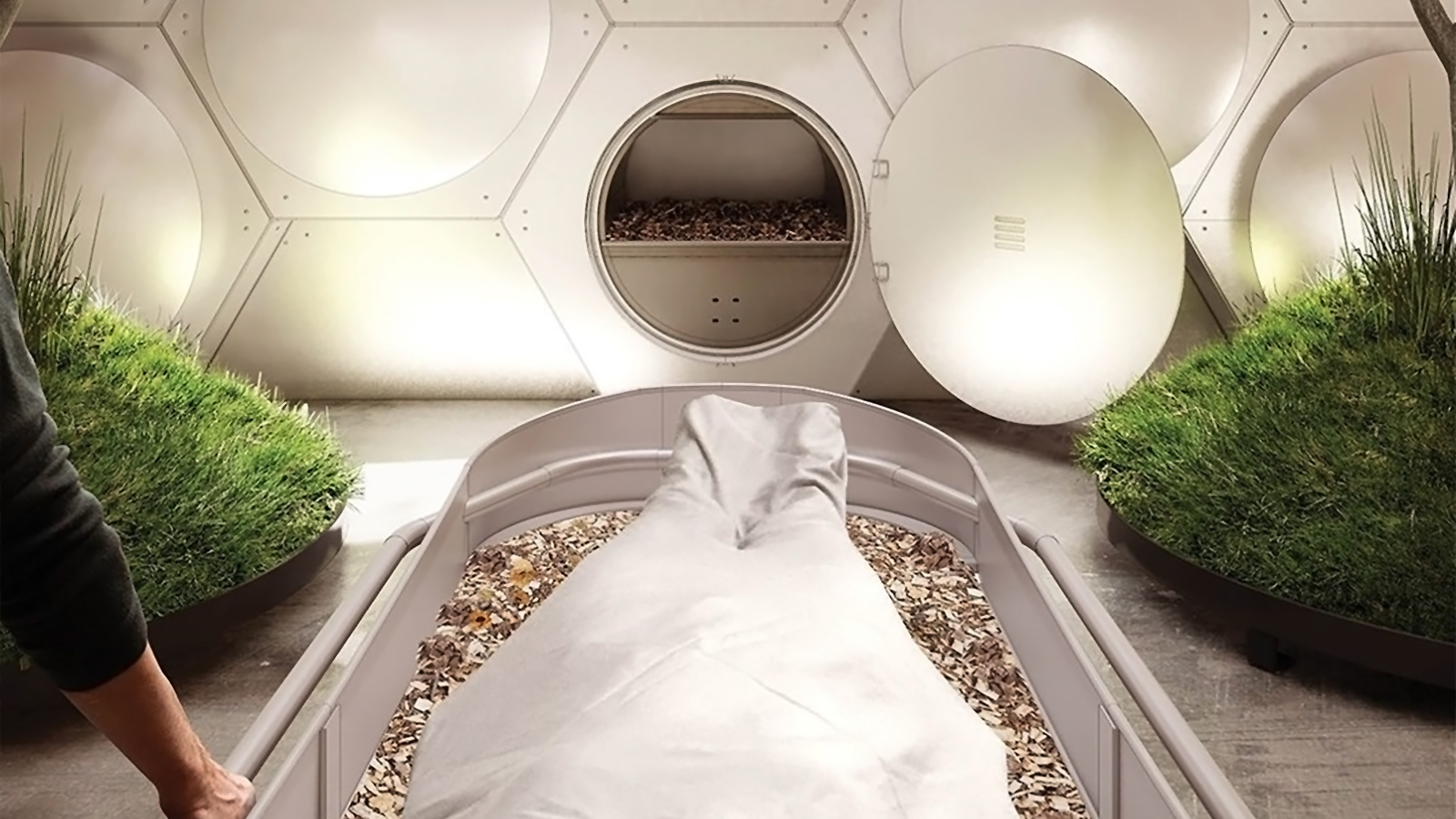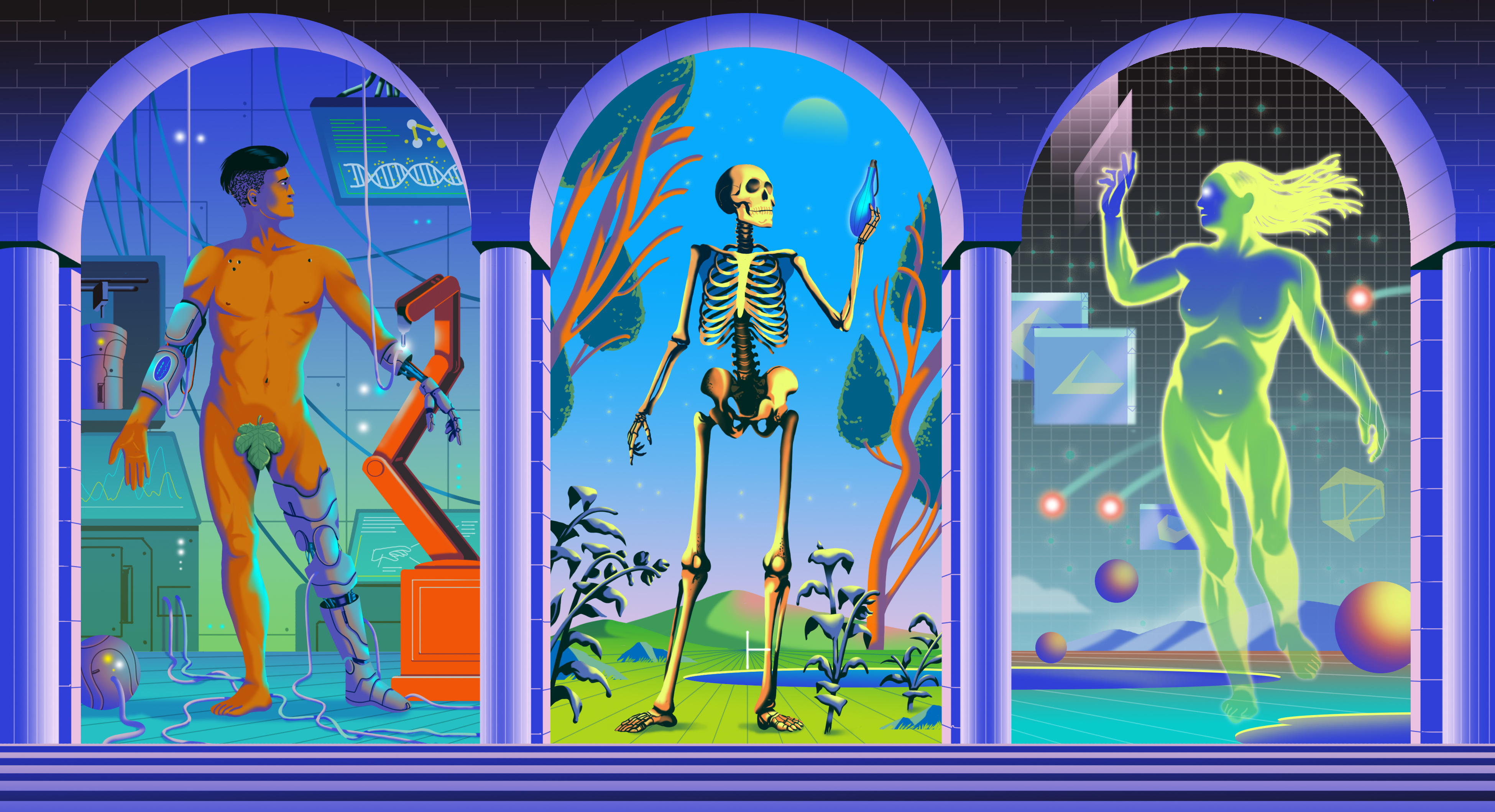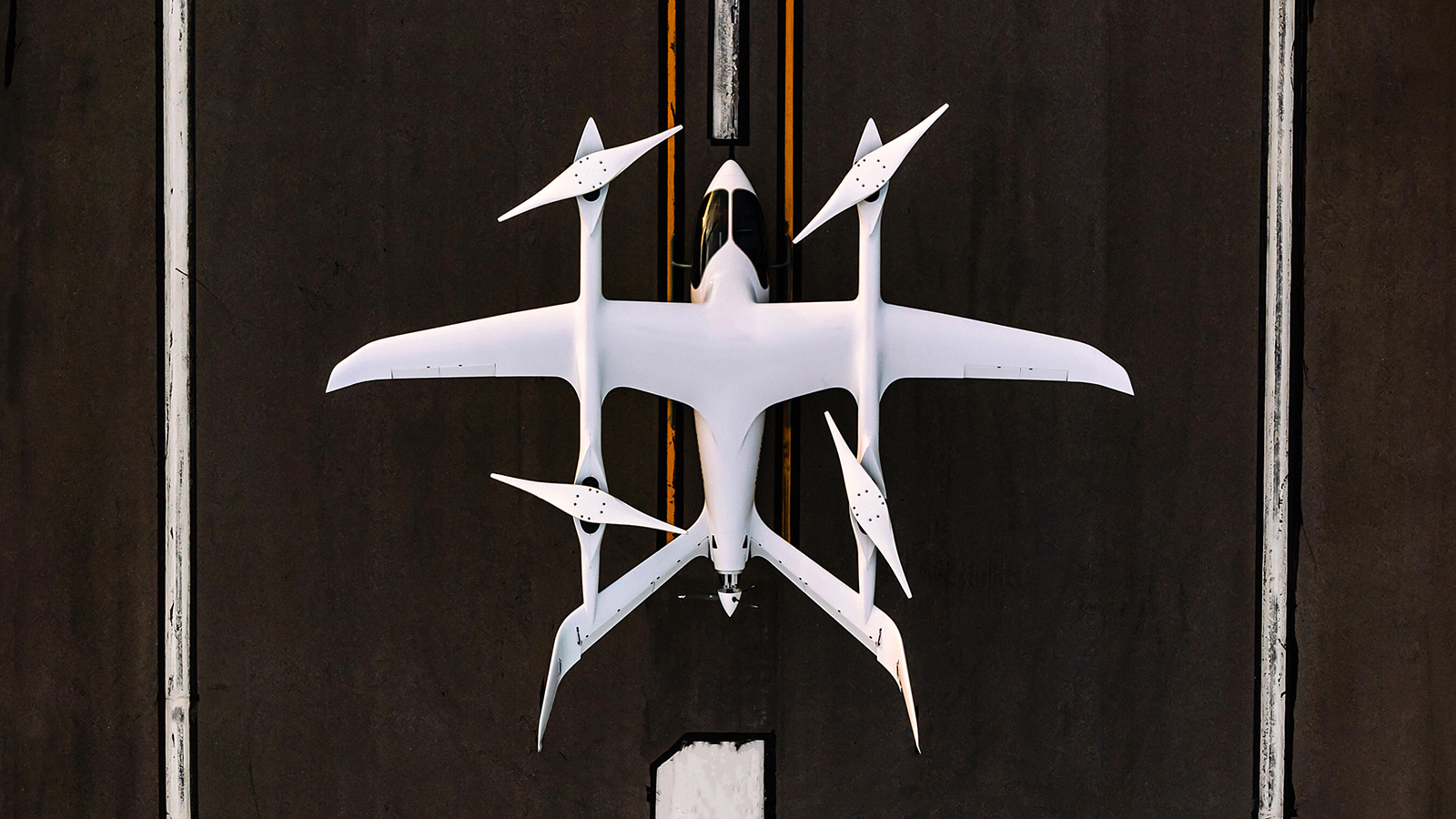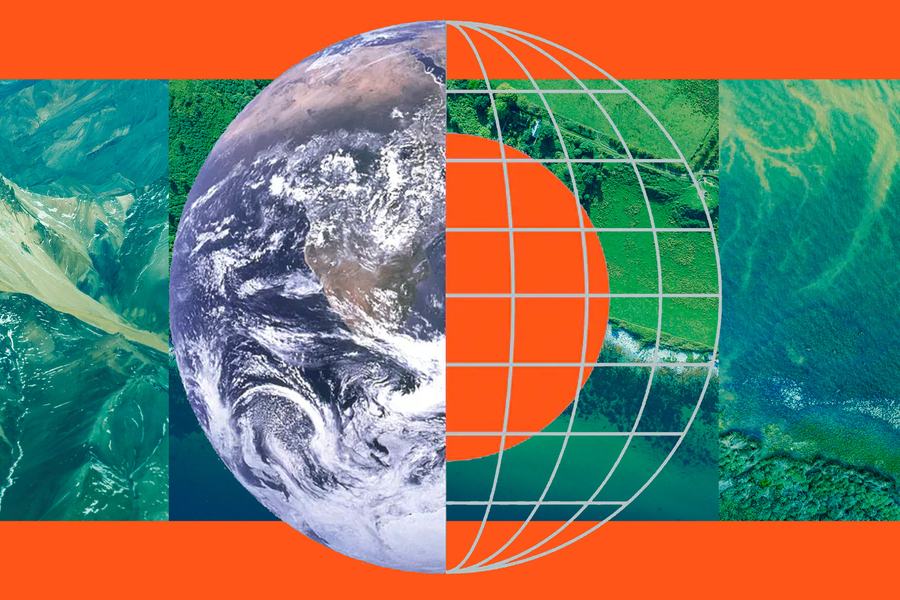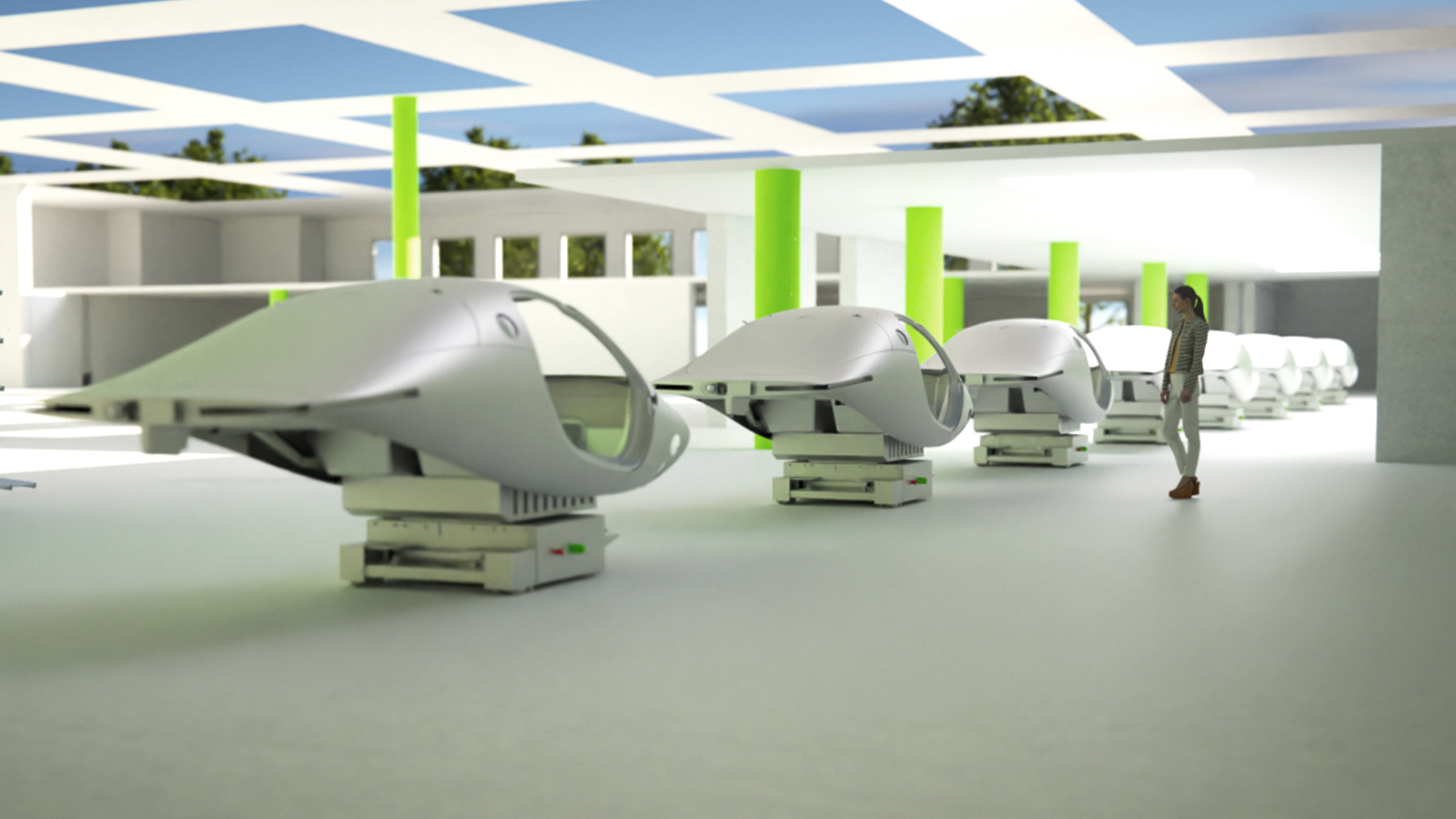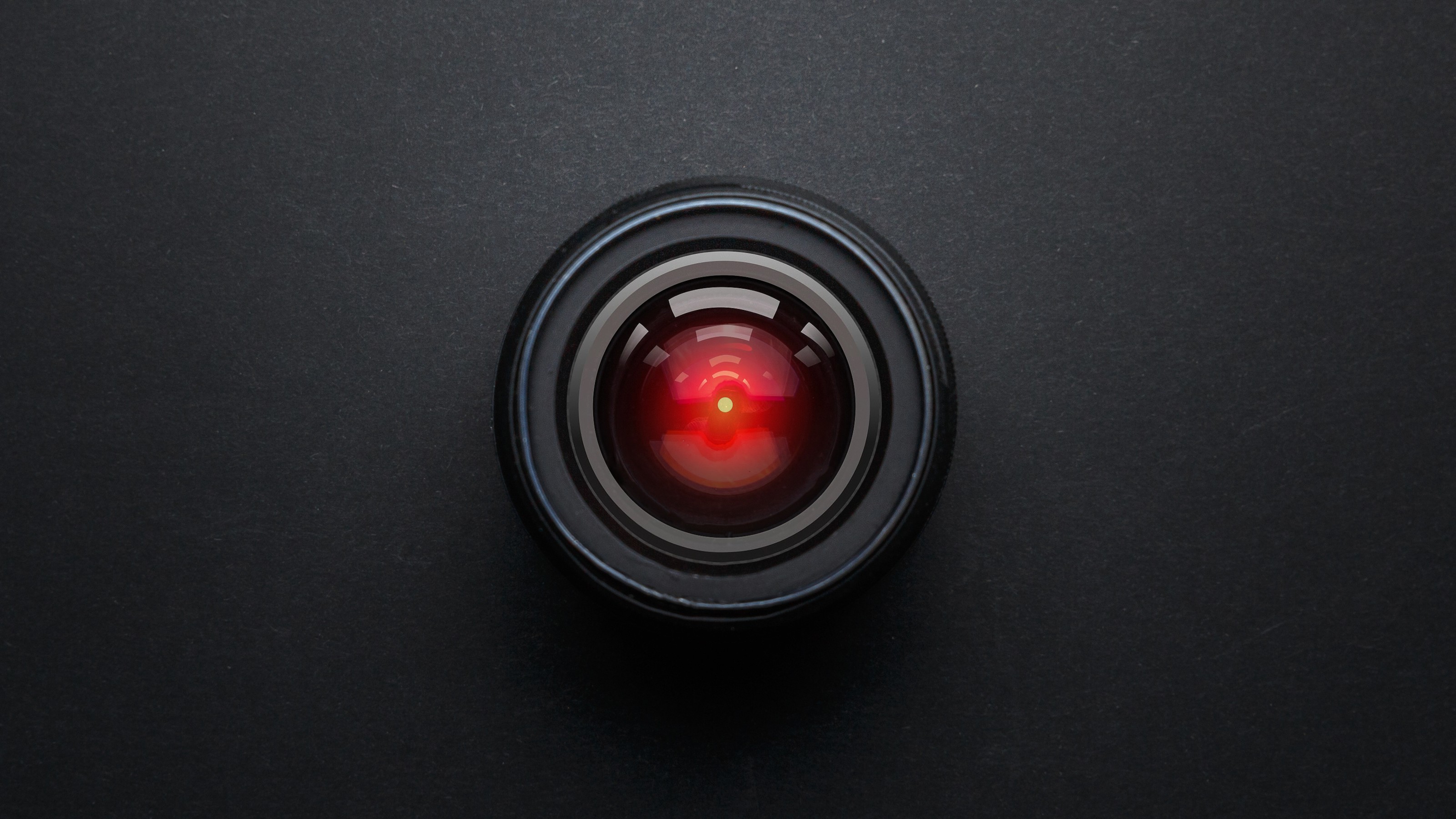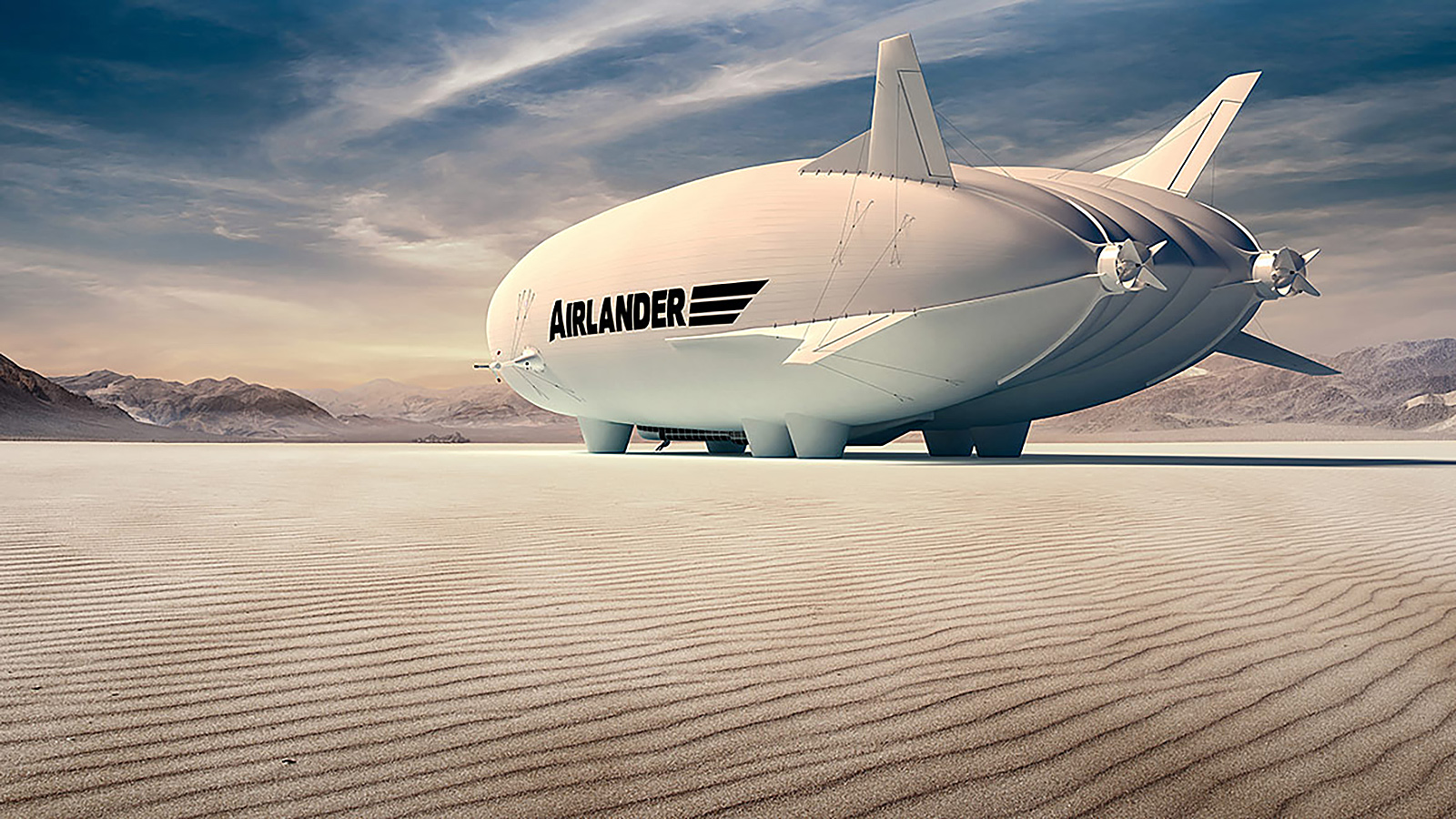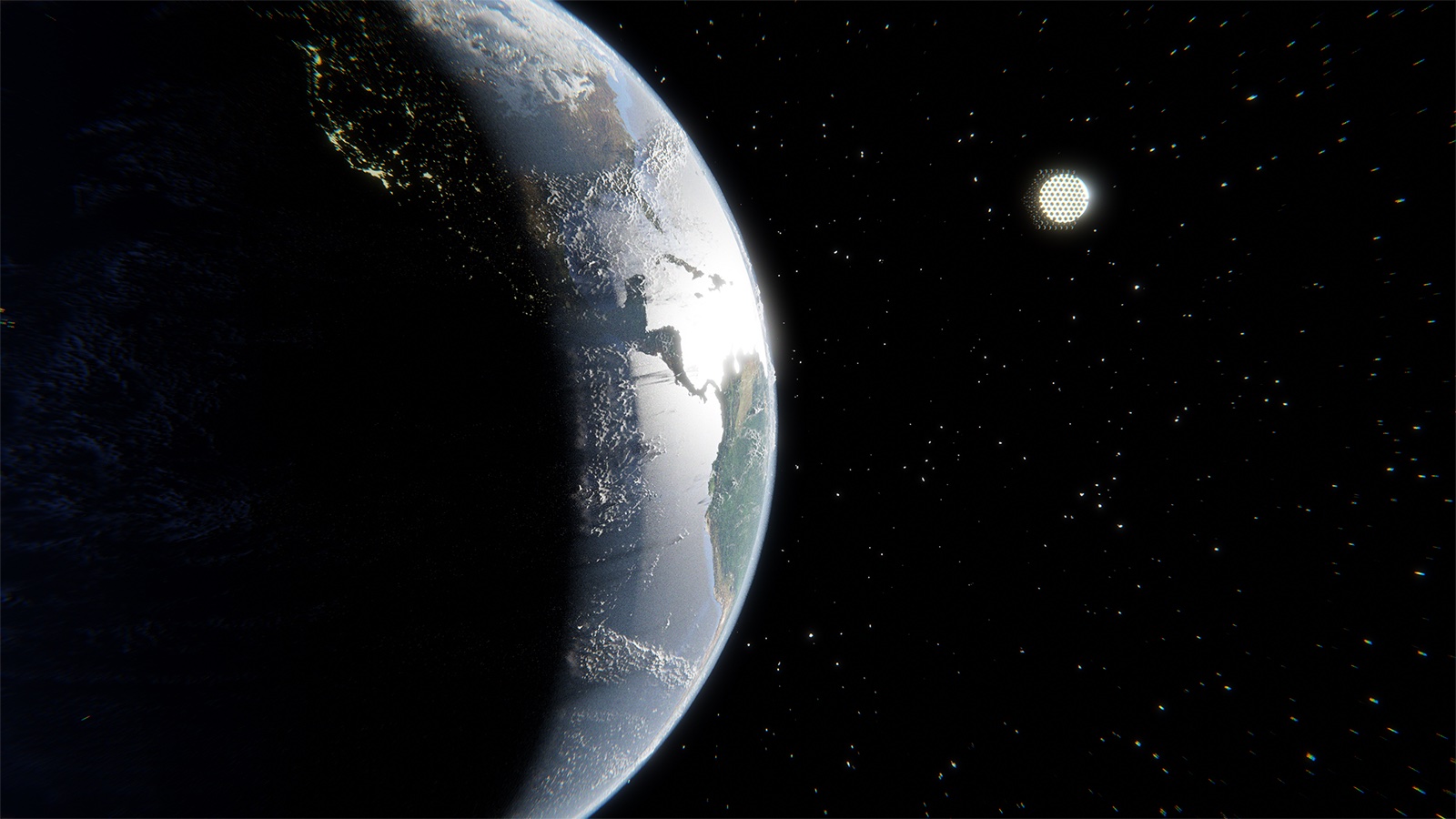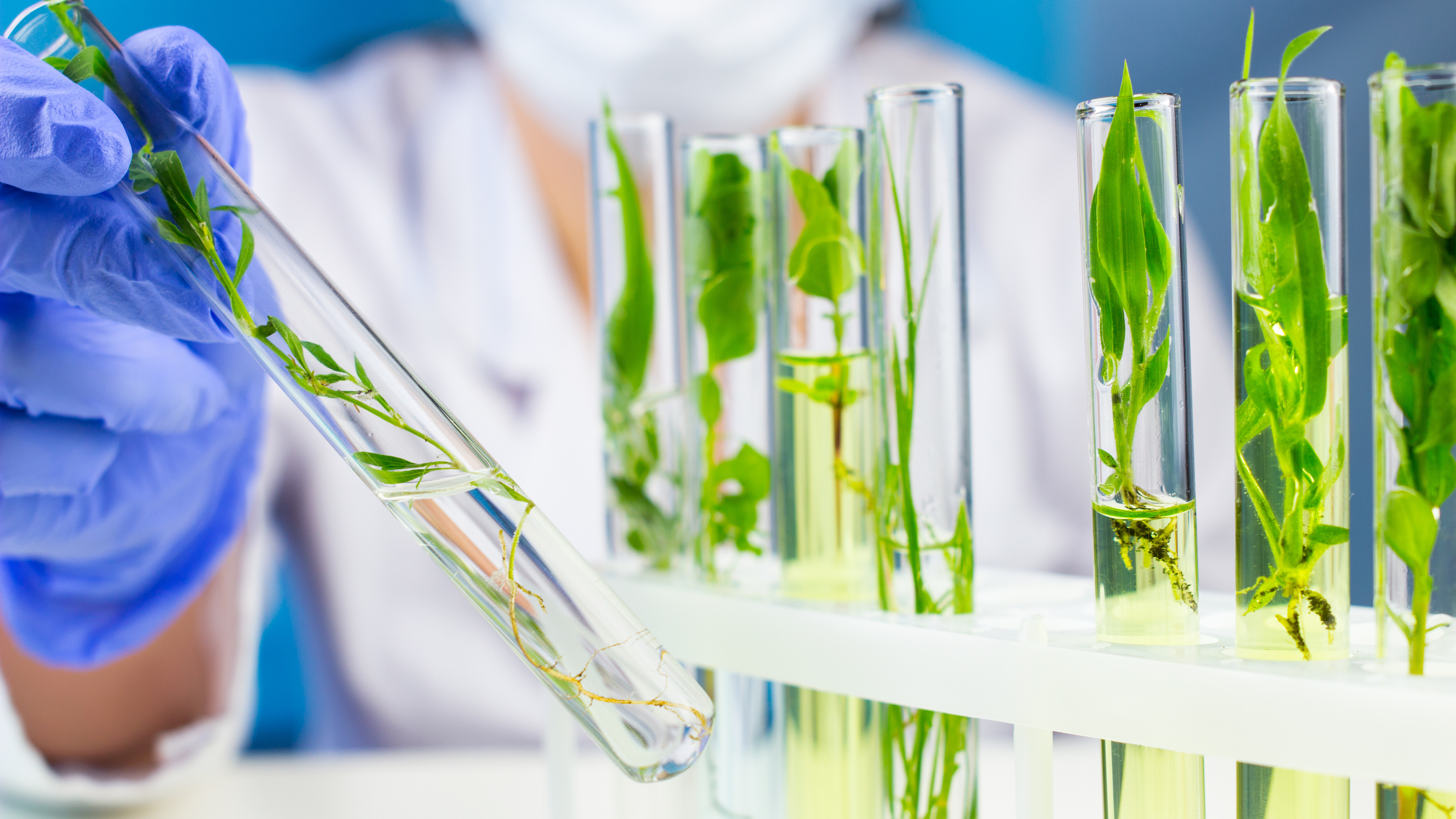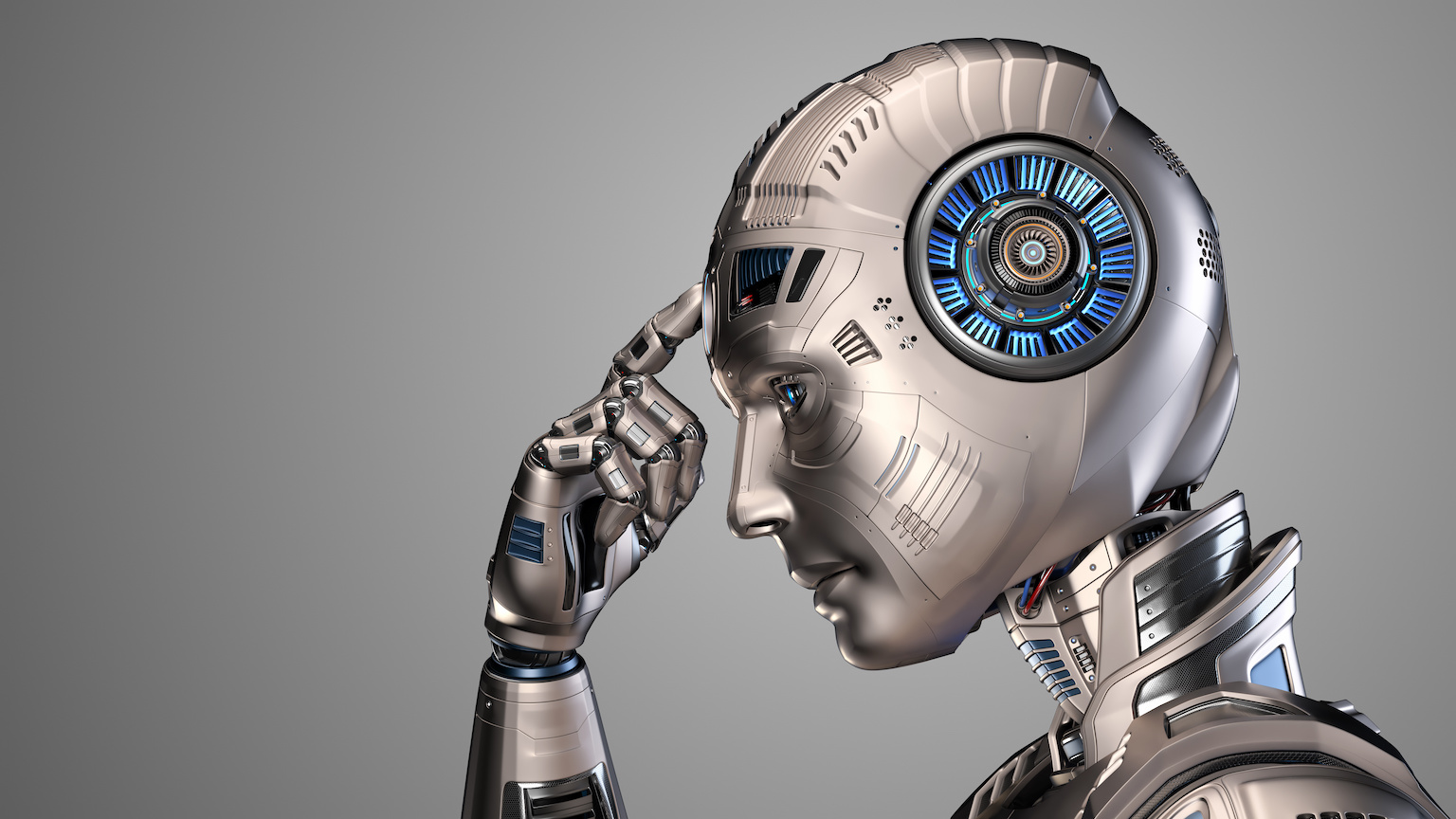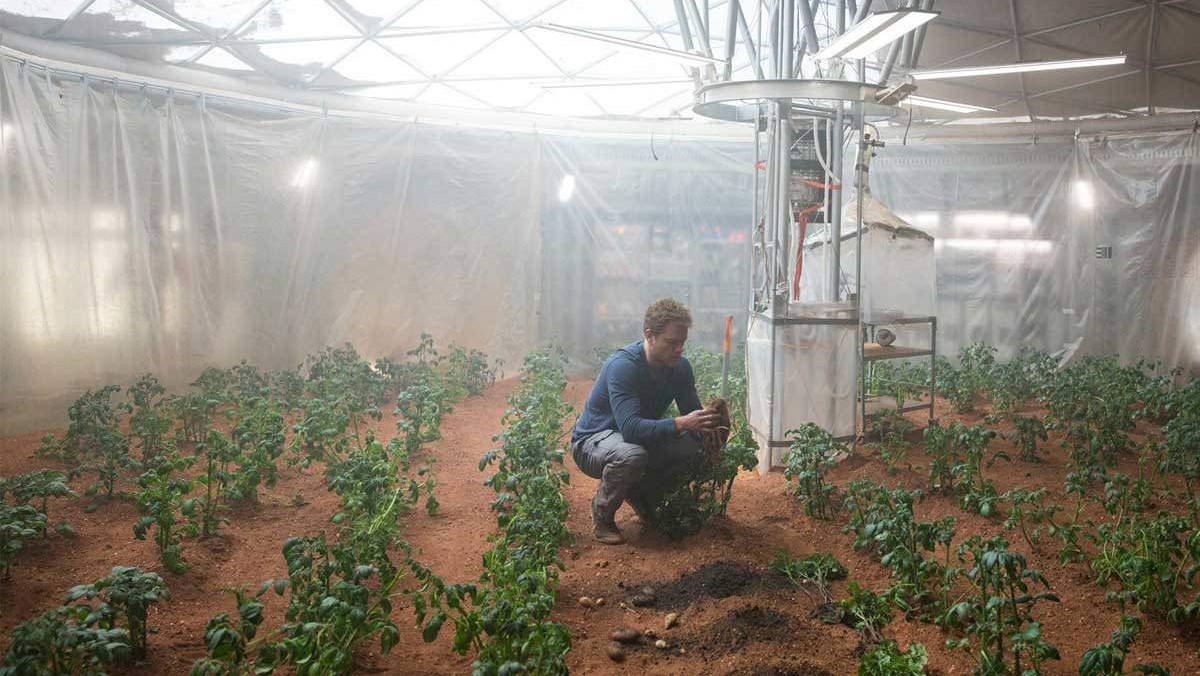The Future
All Stories
We are not yet at the point where quantum communications can be deployed to secure the internet, but we might not be far off.
Short-hop regional flights could be running on batteries in a few years.
Meaningful pictures are assembled from meaningless noise.
Literature’s first utopia shows how far we’ve come.
The Metaverse could be the most dangerous tool of persuasion humanity has ever created.
Spaceguard shows that we can manage risks to the extinction of humanity — if only we put our mind to it.
We will become billions of people who share a single vast intellect.
From 260-year-old ciphers to the most recent Zodiac Killer solution, these unbreakable codes just needed time.
Scientists turn to nature to improve a ubiquitous building material.
Uploading your mind is not a pathway to immortality. Instead, it will create a possibly hostile digital doppelgänger.
A two-dimensional material made entirely of carbon called graphene won the Nobel Prize in 2010. Graphyne might be even better.
For decades people have arranged to freeze their bodies after death, dreaming of resurrection by advanced future medicine. Many met a fate far grislier than death.
In paint form, the world’s “whitest white” reflects so much light that surfaces become cooler than the surrounding air.
Proponents of transhumanism make big promises, such as a future in which we upload our minds into a supercomputer. But there is a fatal flaw in this argument: reductionism.
From Amazon to the US Army, everybody wants one (or 150).
A team of scientists hopes deep-earth lithium could sustain America’s vast demand for batteries. But extracting it won’t be easy.
Deep learning AI has accurately created color images from night vision images.
“I thought, why not direct these high-power beams, instead of into fusion plasma, down into rock and vaporize the hole?”
Aptera expects to begin delivering its solar-powered car later in 2022.
For the very first time, an AR contact lens was worn on the eye of a human subject. And it has about 30 times the pixel density of an iPhone.
Anxieties about being identified will be superseded by fears of being analyzed.
The airships have a range of 4,000 nautical miles, can fly for five days, and can cruise as high as 20,000 feet at 80 mph. They take to the skies over Spain in 2026.
An out-of-this-world idea could help reduce some of the risk of solar geoengineering.
Photosynthesis is powerful but very inefficient. Humans can improve on this biochemical process to help the planet.
Experts believe they could cut the time it takes a rocket to reach Mars by up to 25%, shaving about two months off the trip.
A “bio-battery” made from genetically engineered bacteria could store excess renewable energy and release it as needed.
AI systems can carry on convincing conversations, but they have no understanding of what they’re saying. Humans are easily fooled.
Technology will not save the world, and it is inherently neither good nor bad. But, when tech is coupled to human virtue, good will prevail.
Preventing scurvy is not just a problem in the Antarctic.

